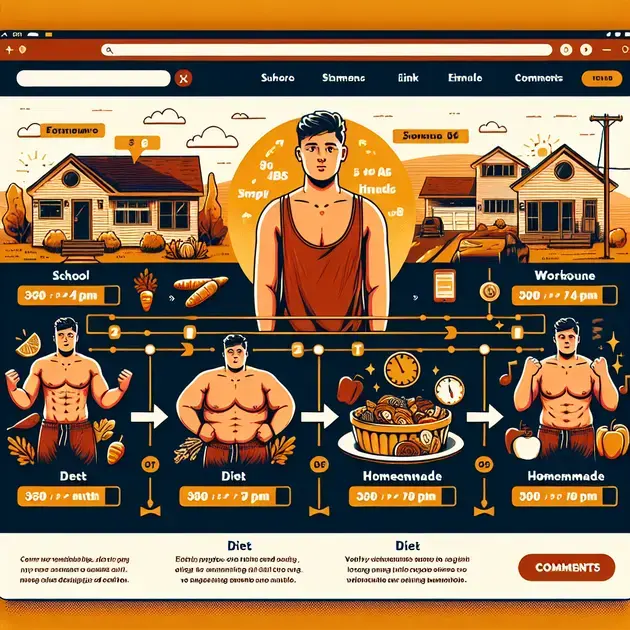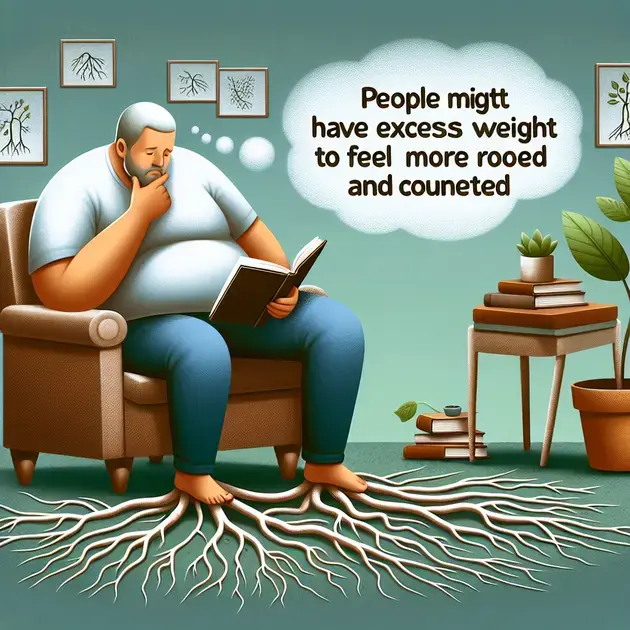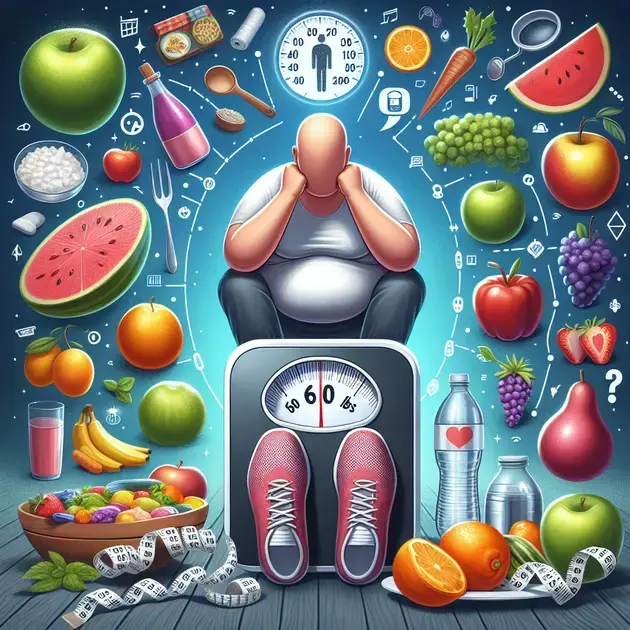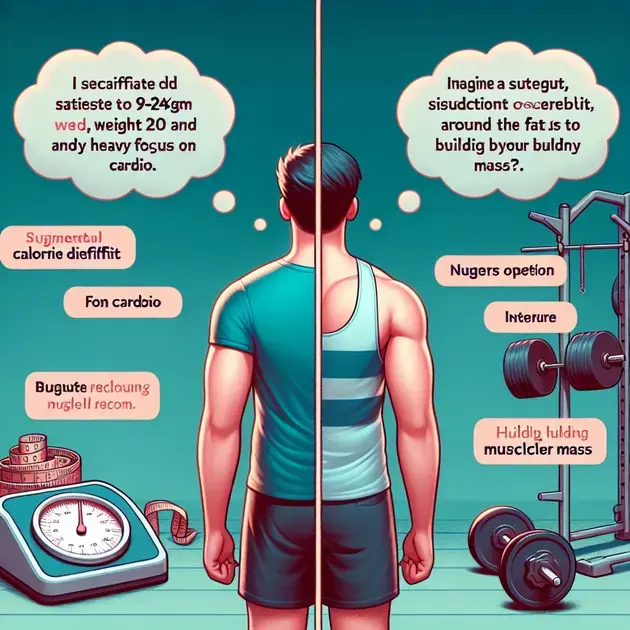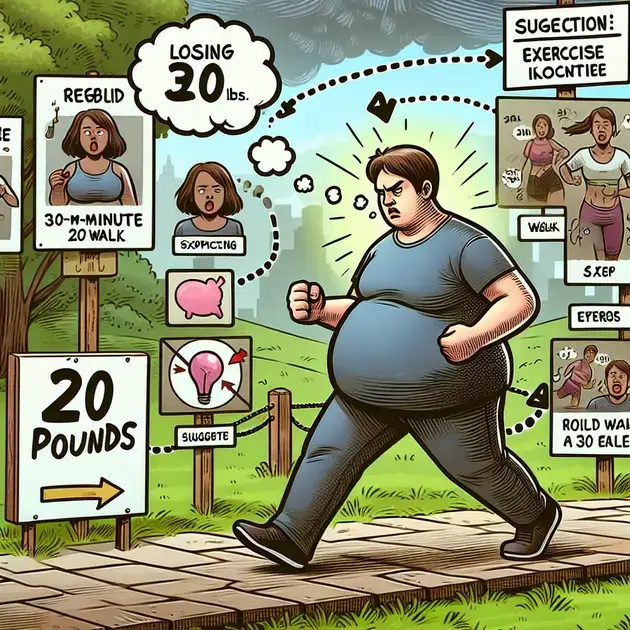Title: “Discovering Satisfying and Nourishing Food Options for Weight Loss”
Introduction:
When embarking on a weight loss journey, one of the biggest challenges can be deciding what to eat. It’s a constant struggle between reaching for a cold vegetable from the fridge or succumbing to the temptation of cookies in the pantry. This article aims to provide some ideas and inspiration for go-to foods that not only keep you fuller longer but can also be easily packed for work or school.
Healthy Breakfast Smoothie:
Starting the day with a nutritious breakfast smoothie can be a great way to kickstart your metabolism and keep you energized throughout the morning. Consider blending a combination of fresh or frozen fruits, such as berries, bananas, or mangoes, with a source of protein like Greek yogurt or almond milk. Additionally, incorporating some leafy greens, like spinach or kale, can add beneficial nutrients without altering the taste significantly.
Filling Salad Options:
Salads offer a versatile and customizable option for weight loss without compromising on taste. Rather than sticking to the traditional lettuce-based salads, try experimenting with different greens like arugula, mixed baby greens, or even shredded cabbage for added crunch and variety. Top your salad with lean protein sources, such as grilled chicken, tofu, or boiled eggs, and add in a variety of colorful vegetables like cherry tomatoes, bell peppers, cucumbers, or grated carrots. To keep you fuller for longer, include a small portion of healthy fats, such as avocado slices or a sprinkle of nuts/seeds, and dress it with a light vinaigrette or low-calorie dressing.
Satisfying and Nutritious Snacks:
Snacking between meals doesn’t have to derail your weight loss efforts. Incorporate snacks that are high in protein and fiber to help keep you satiated throughout the day. Some options could include Greek yogurt with berries, a handful of almonds or other nuts, veggie sticks with hummus, or a boiled egg. Preparing snack packs in advance can save time and make it easier to resist reaching for unhealthy alternatives.
Portable Lunch or Dinner Options:
For busy individuals who need to pack their meals for work or school, consider preparing meals in advance that can be easily transported. One idea could be to prepare a quinoa or brown rice-based salad with a variety of vegetables, lean protein like grilled chicken or chickpeas, and a light dressing. Alternatively, preparing a wrap or a whole-grain sandwich with lean deli meat, avocado, and plenty of veggies can be a satisfying on-the-go option.
Conclusion:
Finding suitable and delicious foods when trying to lose weight can be a challenge, but with a bit of creativity and planning, it is possible to discover go-to options that keep you satisfied and on track with your goals. Remember to prioritize nutrient-dense choices, incorporate a variety of flavors and textures, and listen to your body’s hunger and fullness cues. With dedication and consistency, you can achieve your desired weight loss while still enjoying flavorful and fulfilling meals.
My biggest issue when trying to lose weight is not knowing what to eat. It’s usually a choice between grabbing a cold vegetable from the fridge or reaching for the cookies in the pantry. I just need some new ideas and TikTok, unfortunately, only ever suggests avocado toast with lemon water. As someone living in Ontario, where avocados are subpar and I also happen to dislike them, I’m at my wit’s end if I receive another avocado toast recommendation.
I just want to know what your go-to foods are. Everyone has a few favorites, such as a specific smoothie, salad, or snack. Ideally, I’m looking for something that keeps me feeling full for longer and can easily be packed for work or school.



